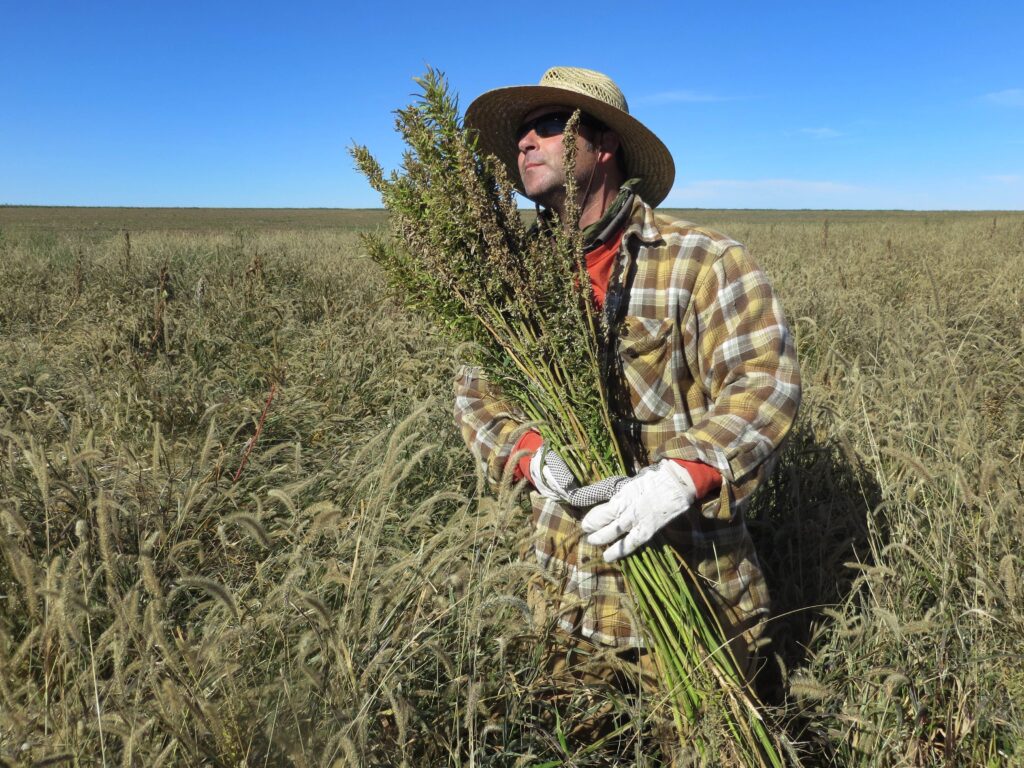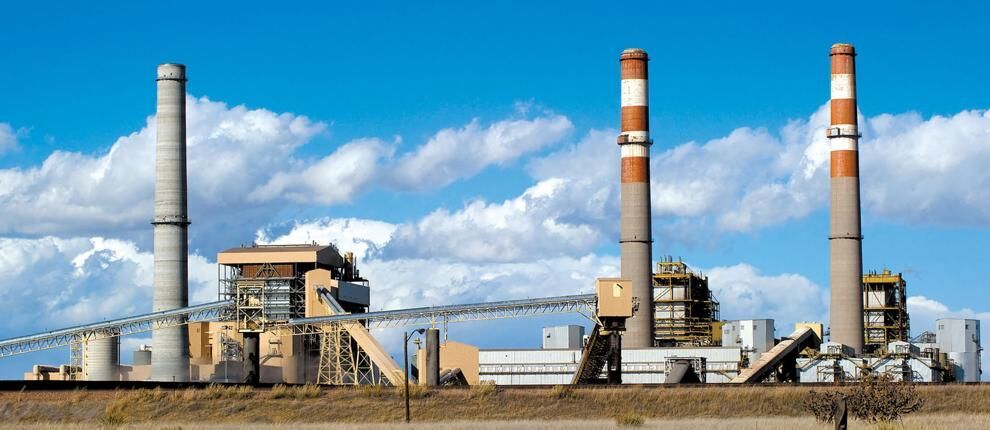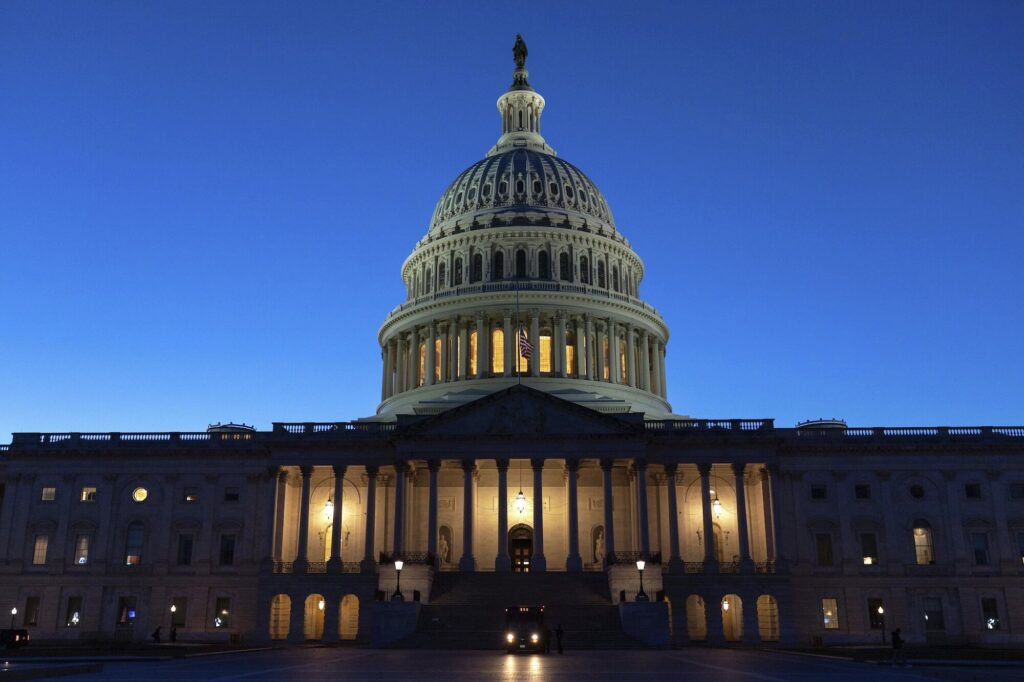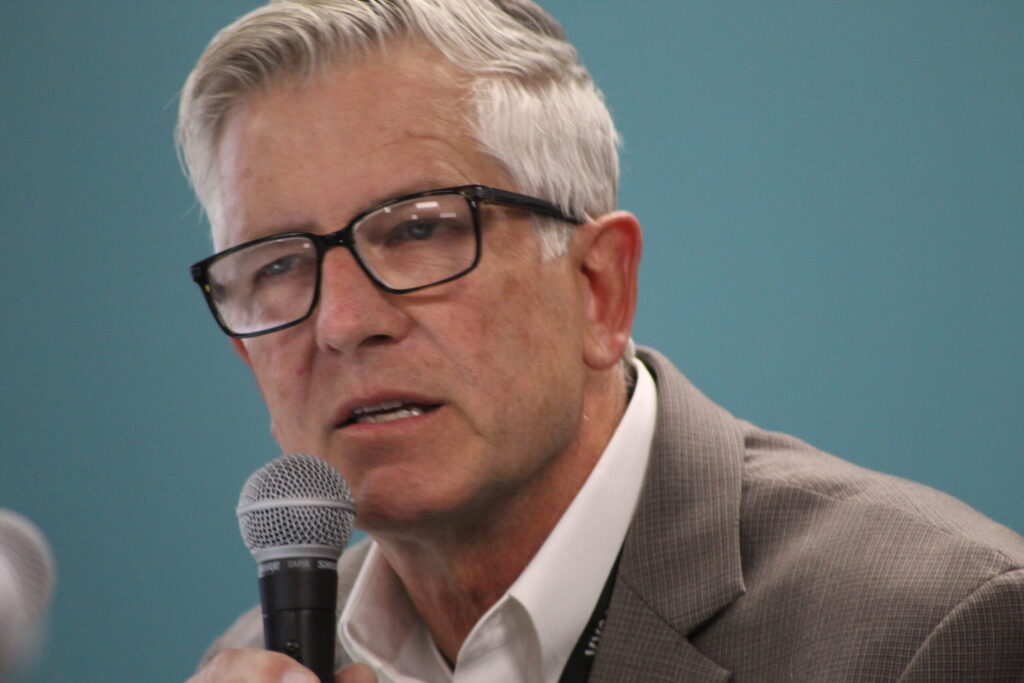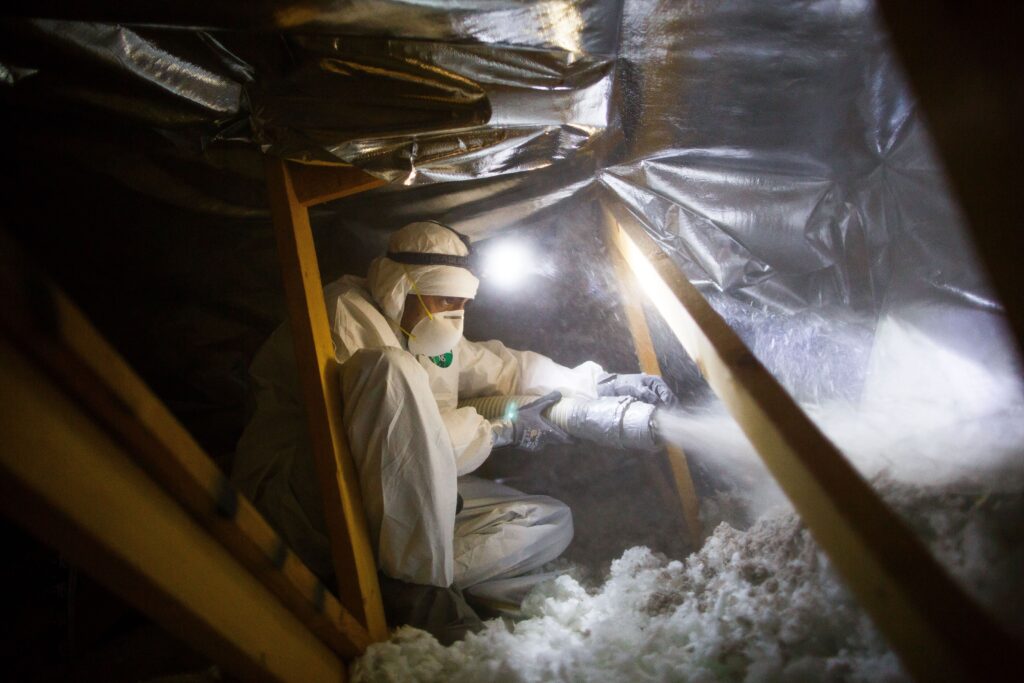Colorado eyes expansion of ‘right to repair’ law, Dave Williams draws fire from fellow Republicans, lawmakers advance bills on name changes | WHAT YOU NEED TO KNOW

Today is March 4, 2024, and here’s what you need to know:
A proposal in the Colorado House could see a major expansion to the state’s “right to repair” laws, notably in the area of electronic equipment, such as mobile phones and other devices.
House Bill 1121 would expand the state’s right to repair laws to include digital electronic equipment, such as cellphones, computers, and kitchen appliances. The proposed legislation includes exemptions for a number of products, including motor vehicles, security alarms, and certain medical devices.
The proposal comes on the heels of Colorado’s first law on the issue in 2022, under which manufacturers of powered wheelchairs are required to provide independent repair shops and owners of their products with “parts, embedded software, firmware, tools, or documentation, such as diagnostic, maintenance, or repair manuals, diagrams, or similar information.”
Colorado Republican Party Chairman Dave Williams is drawing fire from fellow Republicans after the state GOP mailed a brochure to El Paso County voters this week that includes attacks on one of the congressional candidates running against Williams in this year’s Republican primary.
Since announcing his candidacy in Colorado Springs-based 5th Congressional District in January in an email distributed by the state GOP, Williams has faced calls to step down from the party post, with critics citing party bylaws that prohibit the party and its officers from taking sides in primaries, including on their own behalf. Those calls have intensified this week, including from three of Williams’ predecessors as state party chair.
“That’s misappropriation of party funds that donors gave to defeat Democrats in the general, not to be used to by a self-promoter to attack fellow Republicans during the primary,” Jeff Hays, a former chairman of the state GOP and of the El Paso County Republicans, told Colorado Politics after reviewing the mailer.
After being delayed for nearly a week, the Colorado state House on Friday advanced two measures dealing with name changes for convicted felons and “preferred” names for students following a contentious proceeding that at times compelled the speaker to halt the debate.
House Bill HB 1071 would allow a felon to use gender identity as “good cause” for a legal name change.
Meanwhile, House Bill 1039 would require schools to use a student’s preferred name, and subject the school to discrimination claims with the state’s Civil Rights Commission if they refuse.
A panel of federal and state judges last week told a group of attorneys, in explicit terms, artificial intelligence is here to stay and they must educate themselves about how to use it responsibly.
“Here’s how I’ve been trying to think about this: Most of us drive cars. I have a car that has a combustion engine and I have a car that’s electric,” said Justice Maria E. Berkenkotter. “I have to understand how to be safe – change the tires, change the oil, check the brakes. I don’t have to understand the combustion engine. I don’t have to understand regenerative braking.”
Similarly, she continued, attorneys do not have to know everything about how AI models operate, “but you do have to understand enough to be careful.”
The Feb. 23 discussion on AI, sponsored by the Colorado Bar Association’s Judicial Liaison Section, emphasized the double-edged sword presented by new forms of artificial intelligence.
Ed Sealover, Editor of The Sum & Substance, writes about a proposal to overturn several major concessions that business leaders won in a rulemaking process last year that set first-of-their-kind emissions regulations on the state’s largest manufacturers:
Rep. Mike Weissman of Aurora, a prime sponsor of both the new House Bill 1339 and the 2021 Environmental Justice Act that mandated what’s called the GEMM 2 regulations, said the Air Quality Control Commission rulemaking process did not hew closely enough to the requirements in the 2021 law.
Weissman said he and his cosponsors – Rep. Manny Rutinel of Commerce City and Sen. Faith Winter of Broomfield – particularly are concerned that allowances for credit trading and planned growth of some of the 18 regulated facilities will not reduce air pollution in disproportionately impacted communities.




